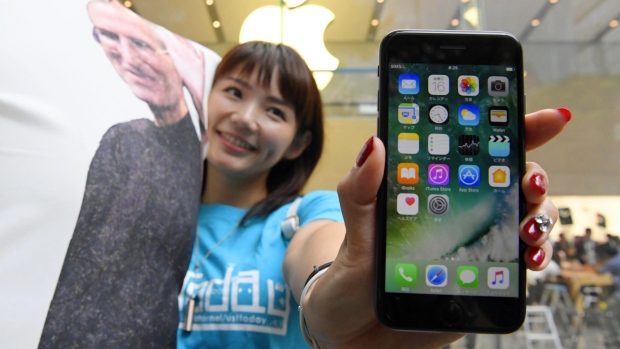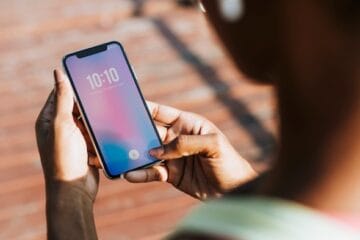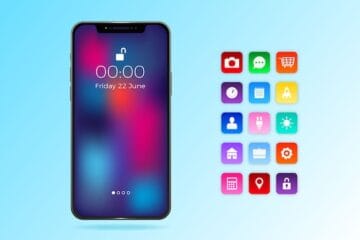
Apple is just a few months away from the launch of its 10th anniversary iPhone — a release, which some observers see as the most-anticipated since the first iPhone launched in 2007.
“The stakes are high, and exponentially higher than a normal iPhone cycle,” Gene Munster, co-founder of Loup Ventures told BNN in a phone interview. “This is going to be a pivotal time in terms of how investors, the media and consumers think about the iPhone franchise.”
Against that backdrop, Apple (AAPL.O 0.00%) is set to report its second-quarter earnings. The results will be a clear reminder of how dependent Apple has become on its most successful product.
“The iPhone has risen from half to two-thirds of Apple’s revenue over the last five years,” Jan Dawson, chief analyst at Jackdaw Research, told BNN in an email. “And although it has leveled off a little lately as a percentage of the total,” Dawson said.
Venture Capitalist Gene Munster agrees, telling BNN, “It’s not just the hardware. Most of the company’s services revenue is tied to the iPhone. Add it all up and close to 80 per cent of Apple’s profitability indirectly comes from the iPhone.”
And most investors seem okay with that. Apple’s shares are sitting near record highs, with the company’s market valuation currently more than US$750 billion.
“I think investors understand the centrality of the iPhone to Apple’s business, and they’ve embraced that because it drives high loyalty and a significant amount of additional spending beyond the revenue that Apple gets from the iPhone itself,” Dawson told BNN.
It’s a different story from a year ago, when Apple’s iPhone dependence sparked a four day sell-off in Apple shares, wiping out 11 per cent of the stock’s market value. Investors feared the iPhone’s best days were behind it, after the company reported a 16 per cent decline in iPhone unit sales — the first such year-over-year decline since the device was released in 2007.
Today, there is still concern surrounding Apple’s ability to launch a new product to lessen its iPhone dependence. But Apple’s stock has roared back by more than 50 per cent since its Q2 earnings were released last year. Angelo Zino, senior equity analyst at CFRA, told BNN that part of the investor enthusiasm is tied to Apple’s next-generation phone, often referred to as the iPhone 8. Apple has yet to share any details, but most reports suggest it will be released this fall, with more bells and whistles than the iPhone 7.
Additionally, Apple has sold more than one billion iPhones over the past decade, creating a robust ecosystem around its signature device. Zino says shareholders may have concluded Apple’s one big thing could ultimately be better than any next big thing. “Investors now have a revenue stream and growth story to focus on,” Zino said.
Zino estimates Apple shipped 51.5 million iPhones in its second quarter. While that would be down 35 per cent sequentially, it would mark an improvement from the 51.2 million phones sold in the comparable quarter a year ago.
Analysts polled by Thomson Reuters expect Apple to generate more than US$53 billion in fiscal second-quarter revenue, with the majority of that revenue directly tied to the iPhone. “We expect iPhones to comprise 67 per cent of revenue in the March quarter and see it once again driving Apple’s results,” Zino said.
Jackdaw Research’s Jan Dawson will be monitoring the iPhone effect in the other parts of Apple’s second quarter results.
“The iPhone is absolutely central to Apple, beyond just how many devices are sold,” Dawson said. “The Apple Watch only works with an iPhone, and the vast majority of Apple’s Services revenue is also driven by the iPhone.”
[Source:-BNN]




